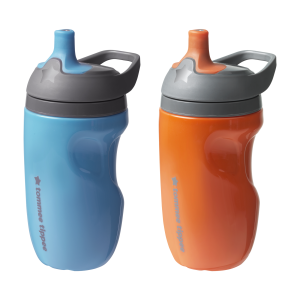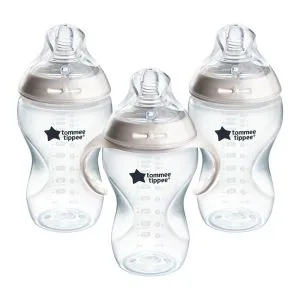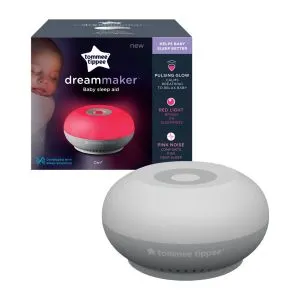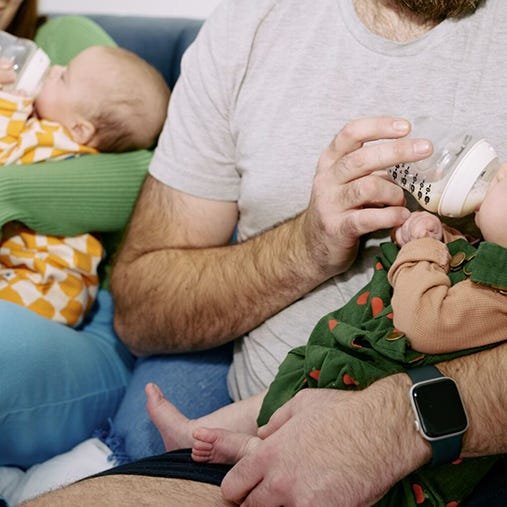It's quite normal for parents to worry that their baby may not be drinking enough milk, or even to wonder exactly how much milk is enough, but there is usually no cause for concern.
If your baby's milk intake has recently reduced or isn't what you expected, read on to find out why this could be...
Why is my baby drinking less milk than expected?
Babies come in all shapes and sizes and, like their parents, each baby has their own individual preferences. What's more, each baby's growth rate differs, as does their metabolism and temperament.
Your little one might not be drinking the amount of milk recommended by healthcare advisors, or what's suggested on the back of the formula box, but this does not necessarily mean that anything is wrong.
However, there are occasions when a decline in your baby's appetite might be an indicator of something else...
For example:
- Tiredness
- Solid foods decreasing appetite for milk
- Illness
- Insufficient bottle teat size
If your infant is drinking less milk and you are worried that they are not getting enough nutrition, it is always recommended that you talk to your health advisor for guidance.
Should I substitute a milk feed with food when I first start weaning?
When it's time to wean your baby off milk and onto solid foods, don't cut out one of their milk feeds and replace it with solid food because your baby will still need to same amount of milk for a little while.
You may find that once you introduce solid foods into your little one's diet they naturally drinks less milk. However, they should still be getting between 500-600ml of milk per day up to 9 months reducing to around 350 ml from 12 months onwards.
How do I know when my baby is ready to cut down on feeds?
Babies usually make it clear when they are ready to cut down on milk feeds.
If your baby only drinks a small amount of milk before losing interest, or if they are easily distracted from their milk feeds, it may be time to start cutting down.
How much milk should my weaning baby have?
After 6 months, babies tend to only need approximately 500-600ml of formula per day. After meals of solid food, try giving your baby water in order to quench their thirst. This will also help to stimulate their appetite for food.
When will milk feeds substantially drop off?
Once your baby is eating three meals a day, their milk feeds will likely have reduced significantly. When you start weaning them at around 6 months of age, they will still need regular breastfeeds or formula, but this will reduce over time.
Which feeds should I drop first?
For many babies, the night-time feed is often the first one to drop, usually between 6-9 months of age. However, you should be guided by your baby on this. The feed your little one shows the least interest in will likely be the one to go first. No matter which feed this is, be sure to replace it with alternative nutrition.









